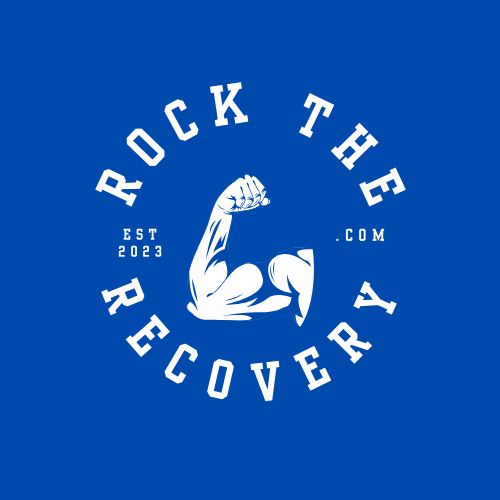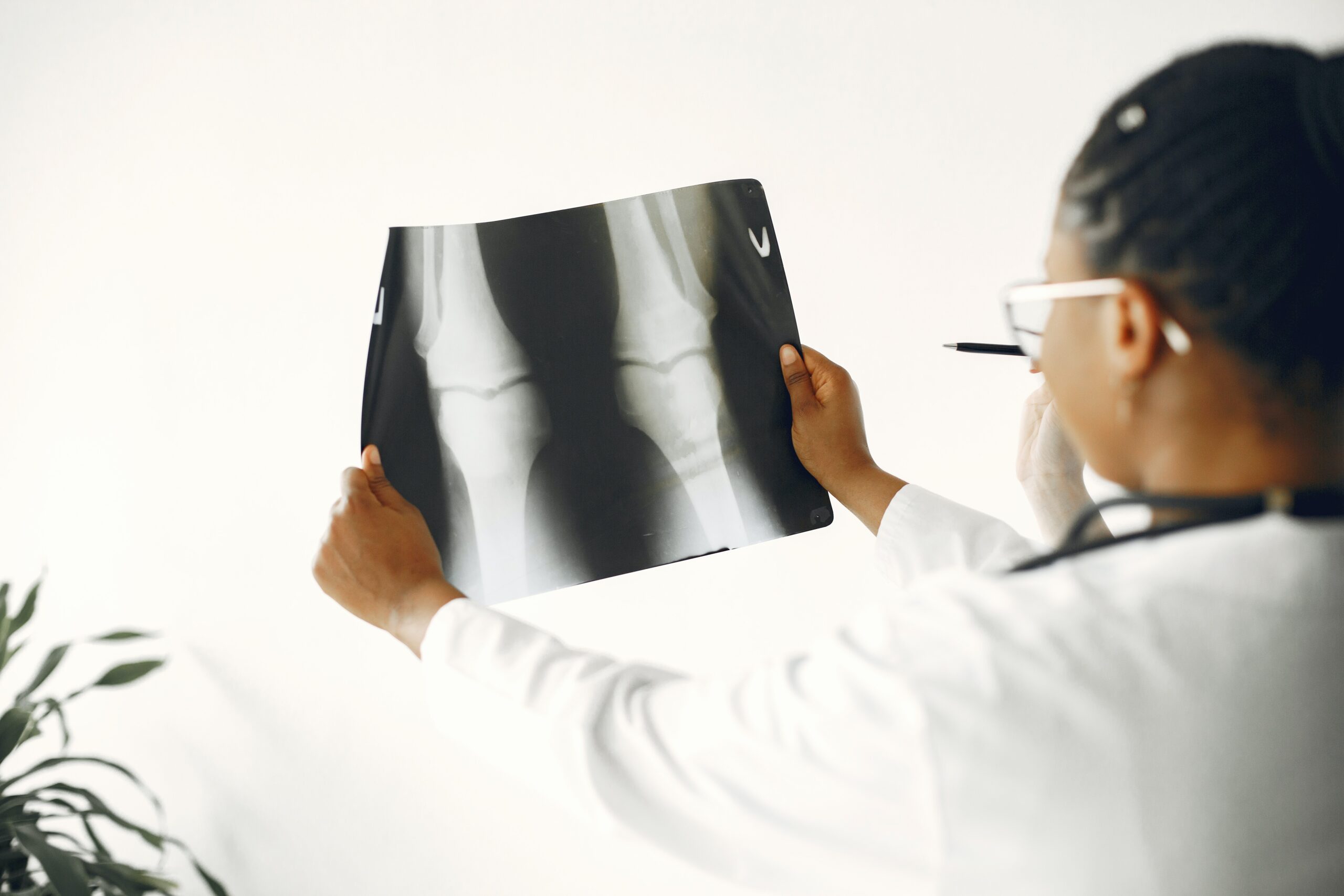Welcome to a 5-part comprehensive series of articles geared to those who are planning to have a total knee replacement. After being a practicing Physical Therapist for 15 years, one common truth has become evident time and time again. As patients arrive in my care it is clear that they have failed to be provided with a good understanding of what is going on in their recovery. How can you be expected to succeed when you do not know what to expect, or what will be expected of you?
It has always been my goal to inform my patients of everything they will need in that moment to succeed. As well as what they can expect in the future. This way you can put your mind at ease as well as know that you are actually on target for success. This is what these articles can do for you! A start to finish guide that will touch on a multitude of information that your hospital brochure will fail to discuss. Based on my experience with thousands of treatments in the complete spectrum of recovery.
Let’s start with the obvious. This operation is likely going to be a completely new experience for you. Will this be the first time in a hospital, or under anesthesia? Possibly the first time being in need of a walker, or needing to have someone help you in the bathroom? What is that famous saying: “the fear of the unknown is the greatest fear of all” – Yvon Chouinard. These can be scary or embarrassing thoughts for some of you. Meanwhile you are charged with the task of recovering from a painful operation. One that could take months to fully recover from. There will be a lot to process and the last thing you want to do is miss out on a full successful recovery!
Disclaimer: Of course each person’s experience will vary from the described to some degree. No two knees are going to happen exactly alike; even if they belong to the same person, and the same surgeon performs both surgeries. There are a lot of factors that go into how this is going to play out. So it’s natural at this phase to have reservations.
One fact that will put your mind to ease is that nearly a million joint replacements are done in the U.S. every year, and the statistics for revisions are quite low: 3.5% over the first three years according to the academy of orthopedic surgeons (aaos.org). These are great success rates, and they are getting better every year with changes to the procedure. So, you are not alone. Also, without knowing anything else about you other than that you are motivated enough to search out and read this article; I can say with confidence that you have a great chance for full success. So how does this all play out you ask? We need to start planning months or maybe years before the operating table. We start at the beginning…

Osteoarthritis is basically wear and tear on your joints, specifically the cartilage and other soft tissue between the joints. The more miles you put on it, the more it will progress. Unfortunately, a fact you may likely already know is that it won’t likely happen steadily or consistently. You may have significant flare ups, or a quick increase in your pain. Another important point to keep in mind is that it will likely continually get worse. I have treated enough residents of nursing homes that can no longer walk or stand to know where this train leads. These knees can often be heard creaking from across the room.
Many train wreck knee residents had intended (but pushed off) to have the surgery but then were either too old or had new medical issues that disallowed them to go through with it. So please understand that this pain is not going away on its own. The conservative options (shots, PT, bracing) may not be having the same effect anymore. This has likely led you to this point.
The first step in the process is to do the research and choose the Orthopedic Surgeon who will perform the operation. The two major points to look at are personality and reputation/success rates. Some people don’t care about bedside manner, as you will actually have minimal interaction with the surgeon. If you are one of those people, interview and take note of his/her demeanor. Do your research and speak to your other MDs, and friends. Now is the time to do your research. Do they work in a hospital system you are comfortable using? Do they utilize cement, are you going to have staples? How much technology or robotics does he/she utilize, and how comfortable are you with it? How many years of experience do they have under their belt?
If you have specific goals or activities you’d like to return to, now is the time to discuss this. Certain activities may no longer be an option post-surgery. For instance, kneeling is typically avoided when the surgeon has to address the kneecap (patella) in surgery. So, whatever the goal, don’t be shy and ask. Your surgeon will expect that you will be medically cleared before scheduling the operation.
Next let’s discuss factors that may affect your outcome/experience. The first factor is age and the progression of arthritis that comes with it. If your arthritis is quite advanced, this could hinder or slow your ability to recover fully afterwards. This could present as having a knee that does not straighten all the way; or possibly crepitus (creaking) when you move your knee. In contrast if you’re younger, say 50’s/60’s then you will recover faster. Be aware however, that the hardware they insert has a shelf life that may require another replacement later on.
The second major factor being medical diagnosis like: Diabetes that slows recovery, or Dementia that may affect your loved one’s motivation and carryover. Do you have a diagnosis such as fibromyalgia, or neuropathy that might affect how your body will respond to the pain? Also, factors like obesity or cardiac issues may halt the operation altogether if your surgeon does not feel comfortable with the risks.
These hurdles may make your trek harder but know that it can be done! There have only been a few instances where I have questioned if having the joint replacement was in the patient’s best interest; and these were quite unique cases.
Other factors could be something as simple as other orthopedic issues you’ve acquired over the years. For instance, you may be so focused on the knee pain that you’ve forgotten about the shoulder issues you have. Why does that matter? Well for the first 2 weeks post-surgery you’re going to be carrying a good amount of weight on the walker through your arms. What about the recurring sciatic pain down your leg? This could be aggravated on the operating table. The inflammation in your leg may cause the sciatic nerve to become irritated. This list goes on.
It is time to really think about what this list might look like for you and try and plan ahead for these hurdles. Come time to have this operation you’ll need to come ready to work on the task at hand. So bring your favorite lumbar pillow or get back into doing your rotator cuff exercises. Start focusing on that weight loss plan you had last Summer, and trust that you will overcome any issues as they come. Also remember you will not be alone. You will have the help of the professionals that will be with you on the journey to problem solve.
Time to take control: there may not be a better indicator toward your success that you have control over than exercise for your knee! Any time a Therapist hears a patient say: “I know these exercises because I’ve been doing them for months. ” It always makes for quicker and better recoveries. Let’s say it plainly: exercise will allow faster functional returns, improved outcomes, and LESS PAIN.
It’s never too late to start either. If your surgery is 3 weeks away, don’t worry and get started! Exercise is not just about brute strength or range of motion (both helpful however). Exercise can also allow you to gain more honed neural connections that will set you up for success in the months to come. In other words, you’re better off learning how to speak to your knee now rather than after what it’s about to endure. Watch the surgery if you have the stomach for it. This way you can best understand why your quadricep muscles need to be in tip top shape.
Not only are the pre-surgical exercises advantageous for you. Any regular exercise will move mountains in the upcoming challenge. Have you been water walking for the past 3 years, you bet it’s about to pay off for you in dividends.
Learning what exercises will be most helpful for you is crucial; but let’s be honest, pictures or written words can’t explain exercises properly. There will be a link to an exercise video coming soon! Next, we will talk about home set up.

